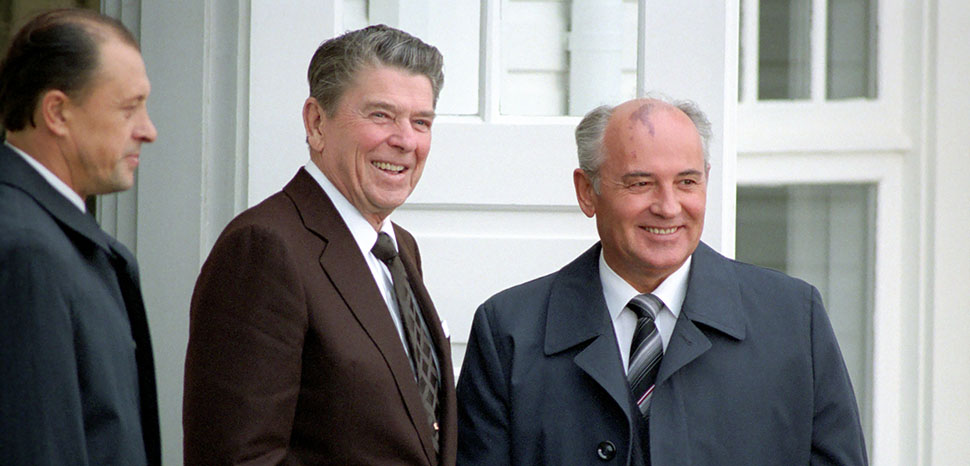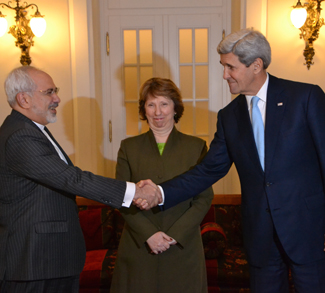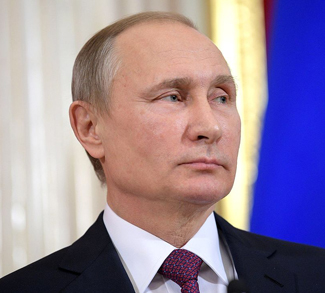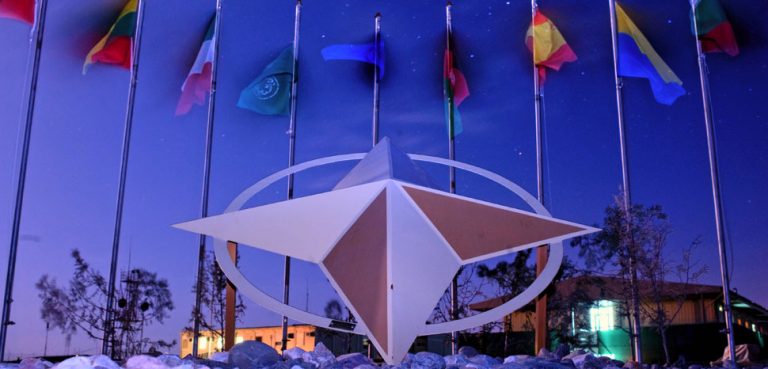Glancing upon a world of hypersonic missiles, potential supply shocks to global microchip production and possibly an even more significant threat to the rules based established international order that the Soviet Union was in juxtaposition to the Chinese People’s Republic, we as NATO nations face an internal obstacle limiting our leaders from having the necessary ‘prowess’ to counter both the machinations of Beijing and the Kremlin, a robust executive presidency that permits firm and rapid execution of decisions without the bureaucratic oligarchy of one’s state inhibiting oneself due to the penetration of institutions by both the Chinese Communist Party and assets of the Russian Federation, as seen with regard to the acts of subversion of both nations in charges brought within the United States. Against a backdrop of institutional ‘politicization,’ Executive Privilege and by de facto, our system of governance, must be strengthened in order to grant the future leaders of the US and NATO nations with both confidence within the role and subsequent to it when executing decisions that are imperative in securing the rules based established international order.
Historically, we in the West and specifically within NATO have utilized a fairly homogeneous spectrum of governance in order to exemplify ourselves against what was the Soviet Union during the Cold War, which was largely a mixture of Presidential Systems and Parliamentary Structures with some periods of necessary executive military rule in order to stabilize nations within the Transatlantic alliance. Our foes, notably the Soviet Union as well as the Republic of Cuba and nations such as the German Democratic Republic, all functioned with a focus being the single party system whilst centralizing the role of their respective leaders, be it Brezhnev, Castro or Honecker, whilst we focused on institutional strength within our own systems of governance via the United States, the Turkish Republic and the United Kingdom to name a few as per Ronald Reagan, Cevdet Sunay and Margaret Thatcher. In this ‘Third Age’ which we now inhabit, where the Chinese People’s Republic is a much more globally active aggressor nation in juxtaposition to the Soviet Union historically, and the Russian Federation is significantly more concentrated on the legacy of the person rather than their former party state ideology of yesteryears, we as NATO nations must strengthen our system of governance in order to provide leaders in the West with the necessary apparatus in order to ensure the threat of China and Russia is isolated from our vicinity and further that their acts of penetration, be it with regard to physical assets affiliated with GRU (Russian Military Intelligence) as well as those of MSS (Chinese Intelligence), are countered with a system of rule that vests the executive with the ability to take direct military action when necessary, move beyond political infighting when needing to make swift legislative changes to ameliorate the lives of the citizenry in a world where developments are ever so rapid, and to ensure that our internal politicization is not exploited by those seeking to ‘sow’ unrest into the population, as seen with both the interference in the 2016 election and the continued campaign by both GRU and MSS to manipulate our own populace against the state itself.
Our priority should be on also ensuring the executive has a very targeted approach to its topical array to ensure that time is well utilized, placing importance on national security, defense policy, foreign policy as well as economic implementations to be drafted into law and executed. Special Executive Presidential Privilege (SEPP) allows an Executive Leader at the top with a focused unit that sits beneath them on the top of the democratic parliamentary structure or equivalent, be it parliament for some and for others the Congress and the Senate, in order to increase the speed at which the government can both pass laws, amend regulations and also execute policy to immediately safeguard and ameliorate the lives of one’s citizenry in relation to national security, defense of one’s homeland, diplomatic outreach, and fiscal planning for the nation.
The focus of SEPP economically, whilst taking a pragmatic pro-NATO national security stance at home & abroad, is to stimulate the national economy and external unilateral national policy as well as allied multilateral objective alignment by focusing on: the reduction of Personal and Corporate Tax in order to combat the rising tide of the cost of living amongst many NATO member; furthermore, SEPP must deregulate key industries and enable methods for land and state assets to be sold to the general public in order to promote private wealth creation and create an eventual reduction in dependence on the state for many segments of society in the West whilst also prioritizing foreign trade in a manner which forms part of a wider mutual NATO multilateral policy which focuses trade within the alliance and encourages member nations to isolate from China and Russia whereby, even if they cannot do so, they continue to use USD settlement until energy alternatives and other mandatory trade parameters may be found and integrated.
If a role for Congress, the Senate or an equivalent respective Parliamentary structure is sought once SEPP becomes the default system of governance within NATO, then a method that shall ensure a purpose for them whilst lessening the burden of the executive shall be to centralize the fields of such bodies into solely provincial municipal matters, as they are almost universally chosen by their constituents on the basis of ameliorating their regions rather than to conflate their roles with national or international matters. Further, members that form the executive’s day-to-day cabinet team of secretaries are appointed by way of being directly affirmed without the need for the consent of outside parties into roles as Senate confirmations and equivalent regional processes have caused either appointments to be gauged majorly on Populism or, at worse, created a significant politicization of sacrosanct matters requiring political independence, such as national security and defense.
As the world currently sees a horizon where the Communist Party in Beijing alongside United Russia in Moscow are the vassals within which Xi Jinping and Vladimir Putin have utilized in order to lay siege on the rules based established international order, be it via the global grain crisis in Ukraine, capitalized on purposefully by the Kremlin, alongside threats to blockade Taiwan and thus ravage the semiconductor supply globally as per the aggression displayed by China, our current systems of governance lack both the executive capability and the execution spectrum possessed by our foes. Special Executive Presidential Privilege (SEPP) aims to ensure our ability to defend both our national security are coupled with the necessary administrative efficiency in order to achieve imperative multilateral objectives for us within the NATO alliance, such crucial decisions such as our placement of allied hypersonic missiles, soon to be coupled with our strategic nuclear deterrence, which shall be imperative in countering an era where the hypersonic capabilities of our foes have created a back drop that far stronger resembles the prelude to the First World War, rather than the day to day of the Cold War.
The views expressed in this article belong to the authors alone and do not necessarily reflect those of Geopoliticalmonitor.com




